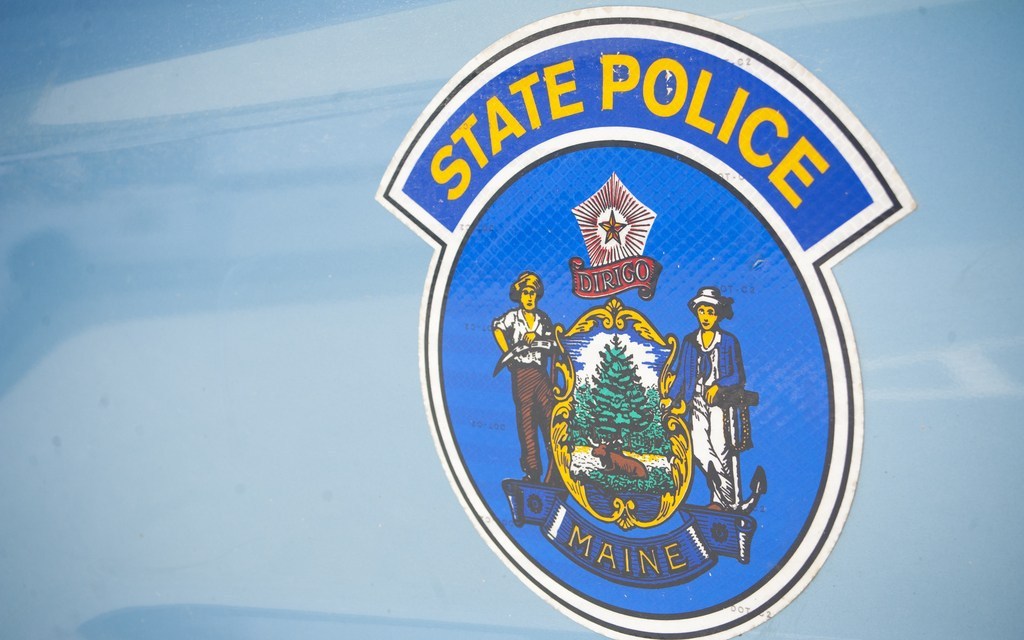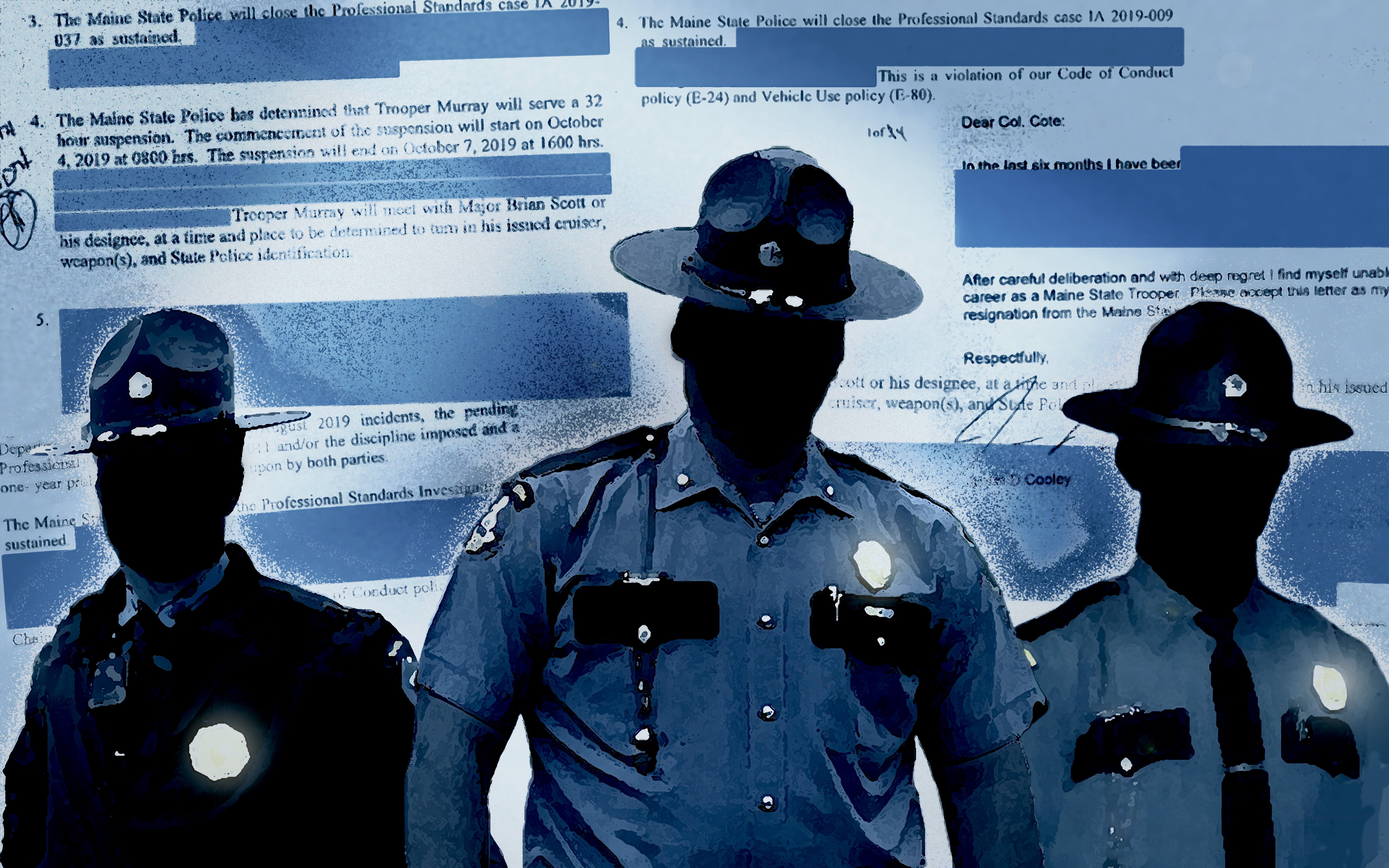
The Bangor Daily News filed a lawsuit on Thursday against the Maine State Police to force it to unredact discipline records detailing the misconduct of its officers.
Last spring, the BDN requested written disciplinary decisions against state troopers, which are public under Maine law. Seven months later, on Dec. 29, the BDN received 53 pages of records, but specific details about misconduct were obscured.
The BDN is asserting in Penobscot County's superior court that the redactions defy Maine's public disclosure law. The records offer one of the few windows into police misbehavior and accountability, and they have been key to recent BDN investigations into police oversight.
The newspaper had previously requested and received more than 1,000 pages of similar records from county sheriff's offices, which did not hide specifics about officers' misconduct as the state's largest police force did.
The state police did not redact general descriptions of officers' misconduct where the language is so vague it's impossible for the public to know what happened. For instance, one record describes a sergeant's misconduct as a "violation of code of conduct and chain of command policy."
On a separate page, the state police blacked out several lines appearing to describe in detail what the sergeant did. The context of the record suggests the redactions are obscuring specific misconduct.
In addition, state police staff attorney Christopher Parr acknowledged that the agency had redacted details of misconduct within the full file.
When the BDN contested the redactions, Parr, on Jan. 7, unredacted two paragraphs that had provided an employee assistance program phone number. He also later determined that two employee identification numbers had been redacted in error. But he declined to unredact more.
Although final written decisions about discipline agreements are public documents, "certain information contained in the documents may be designated confidential by law," Parr wrote in an email.
He declined to provide a specific justification for each redaction, saying that "doing so would, in effect, disclose the very types of information those provisions are intended to protect."







